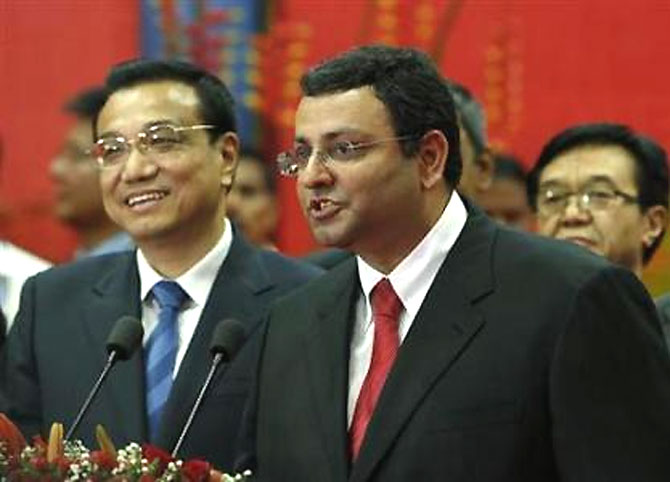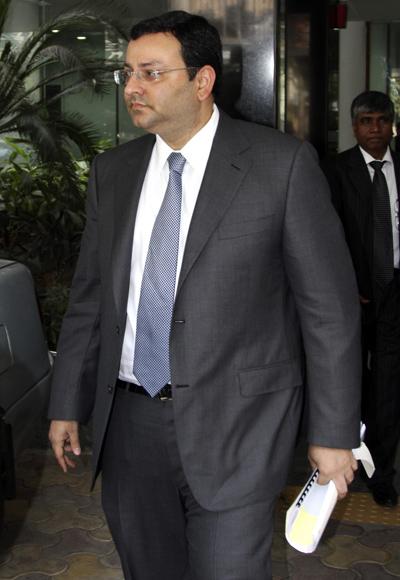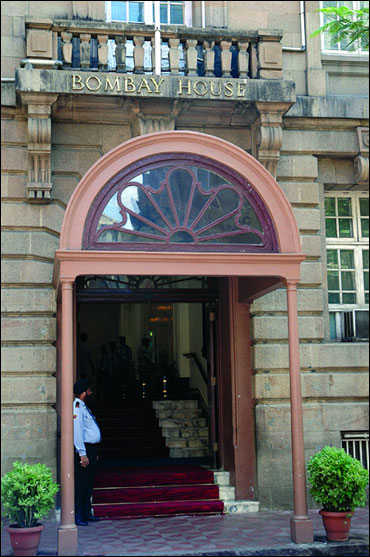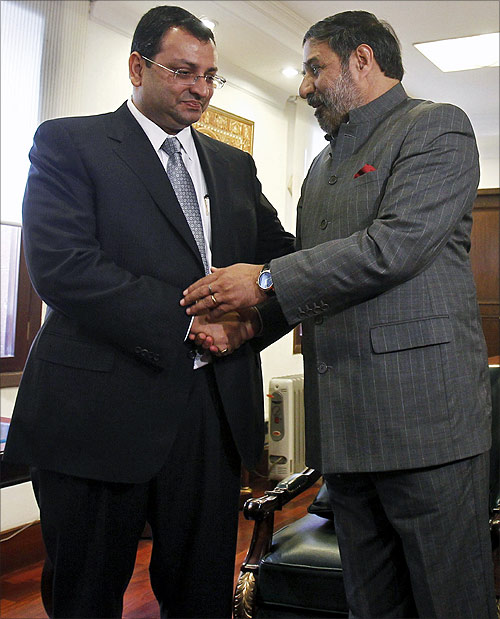 | « Back to article | Print this article |
The Mistry Innings: Full A-team to be in place in 2014
Cyrus Mistry, 45, is building a young leadership that would stay with him for long.
His task was made easier by the group’s holding company, Tata Sons, which in 2011 had brought down the retirement age for non-executive directors to 70.
This saw the strength of the Tata Sons board shrink to five members when Ratan Tata retired as chairman.
It left Mistry the only executive member of the board.
But the chairman is in no hurry to fill the board positions.
The only urgency he has is to fill the finance director’s post, left vacant after Ishaat Hussain retired.
Click NEXT to read further. . .
The Mistry Innings: Full A-team to be in place in 2014
Mistry has been busy creating his own A-team, which will for the time being operate at a layer under the board.
One of the first things he did was to set up a Group Executive Council, with a mandate to drive group-level strategies.
The first member was Madhu Kannan, 40. Mukund Govind Rajan, 44; N S Rajan, 51 and Nirmalya Kumar, 53, followed.
The GEC will see additions and the process will be over in 2014.
“He has been taking time on the selection process, as their acceptability among senior executives of the group is one of the most important factors,” analysts say.
Click NEXT to read further. . .
The Mistry Innings: Full A-team to be in place in 2014
Mistry started the process early.
In 2012, when still the vice-chairman, Mistry brought in Kannan, a former chief executive officer of the Bombay Stock Exchange, as head of business development for the group.
Mukund Rajan, a Tata group veteran with 18 years spent in the chairman’s office, Tata Teleservices (Maharashtra) and Tata Capital, was appointed the group’s brand custodian and ethics officer in February, and brought into the GEC in May.
N S Rajan joined the GEC on May 9 as chief human resource officer, after moving from global management consultancy firm Ernst and Young, where he was a partner and global leader of people and organisation.
Click NEXT to read further. . .
The Mistry Innings: Full A-team to be in place in 2014
Kumar, a London Business School professor, joined in August as head of group strategy.
The move to set up a GEC was significant, as it meant the earlier apex executive bodies -- group executive office and group corporate centre -- ceased to exist.
“In the new set-up, Tata Sons board members are not part of the executive body.
“Hence, Mistry has limited the board’s role to advisory,” said a consultant.
This strategy became more apparent with the appointment of Vijay Singh, 65, former defence secretary, and Nitin Nohria, 51, dean of Harvard Business School, as non-executive directors.




